Nairobi Struggles with Office Oversupply as Rents in Other African Cities Soar
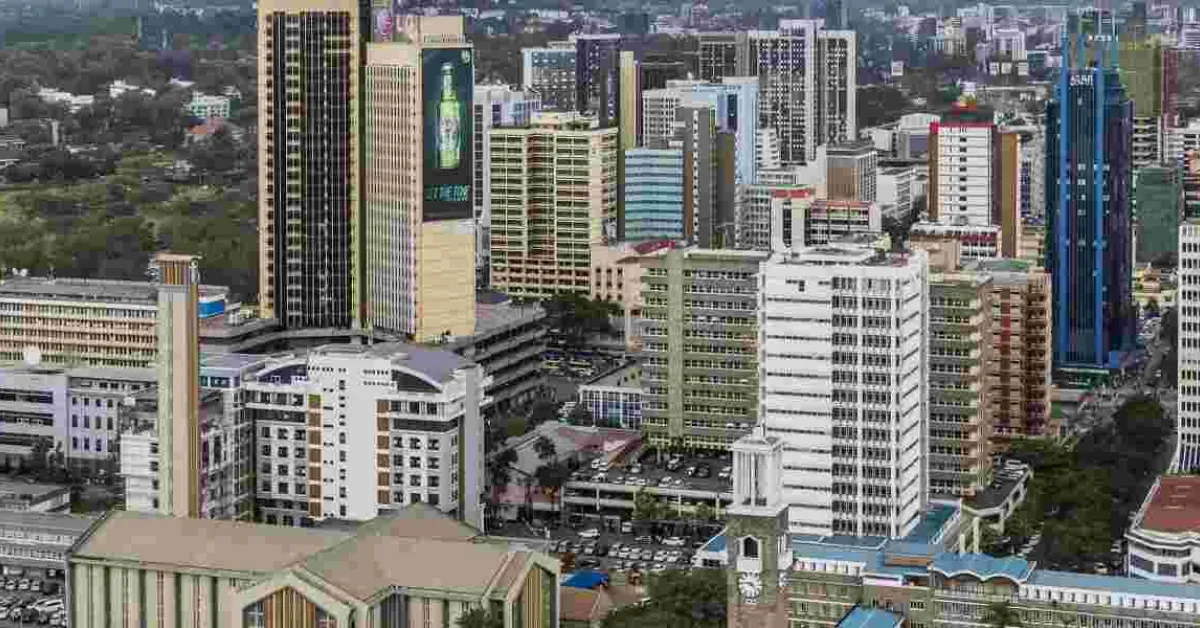
The prime office rental market in Nairobi continues to underperform compared to other major African cities, despite a recent uptick in occupancy rates.
This trend is largely attributed to an oversupply of office space which has compelled developers to reduce rental prices to retain and attract tenants. A recent analysis by Knight Frank, examining the office space market across 10 African economies, reveals that Nairobi's average prime rental rate stands at $13 per square metre, with a yield of 8.5 per cent. This positions Nairobi at the lower end of the spectrum among the surveyed markets. Lagos leads with the highest rental rates at $56 per square metre, followed by Cairo at $35 and Lusaka at $18. Other cities in the survey, including Johannesburg, Kampala, and Dar es Salaam, also surpass Nairobi's rates.
In terms of prime rental yields, Nairobi's performance is similarly lacklustre, outperforming only Harare and Lilongwe. Cairo and Lusaka offer the most attractive returns at 10 per cent each while other cities range between 8.75 and 9.5 per cent. Knight Frank's Africa office market dashboard for the first half of 2024 notes that despite overall rental stability, many markets are grappling with oversupply issues, particularly in lower-grade offices. There has been a notable increase in overall occupancy across the surveyed markets, rising from about 60 per cent a year earlier to an average of 75 per cent by the end of June 2024. This uptick reflects the growing trend of workers returning to physical offices in the post-pandemic era.
In Kenya specifically, the average occupancy rate for top-tier properties increased from 71.5 per cent in June 2023 to 77.2 per cent a year later. The current market dynamics in Nairobi are the result of a steady increase in Grade A office space supply since 2010, driven by the city's emergence as a regional hub for international investors, governments, diplomatic missions, and multinational corporations. This led to the expansion of commercial areas such as Upper Hill and Westlands, drawing businesses away from the central business district. However, the COVID-19 pandemic disrupted this growth trajectory as many firms adopted remote working arrangements and subsequent economic challenges further reduced demand for office space.
In response to these changes, many companies in Nairobi have shifted to smaller, fitted-out office spaces to accommodate more flexible working patterns. This shift has prompted landlords to offer concessions on lease renewals, including lower asking rents. Consequently, the relative stagnation in prime office space rents has resulted in higher yields for retail and industrial developers, reaching 9.5 per cent. The industrial property segment has seen increased demand for Grade A warehousing space, driven by e-commerce firms, manufacturing, and logistics companies operating under Special Economic Zone and Export Processing Zone licences.
In contrast, the residential market remains the least lucrative, offering an average yield of 4.5 per cent in the first half of the year due to slow rental price growth amid rising home prices. Nairobi's commercial real estate landscape is further influenced by infrastructure developments such as the Nairobi Expressway which has improved connectivity to various commercial hubs. Additionally, the government's initiative to establish Nairobi as a financial hub through the Nairobi International Financial Centre is expected to boost demand for high-quality office spaces.

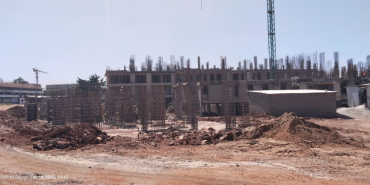
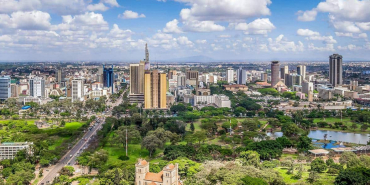
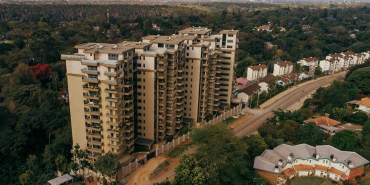


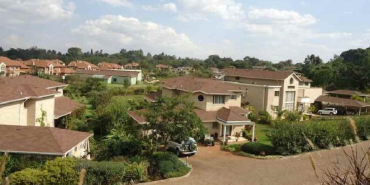
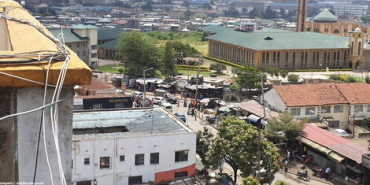

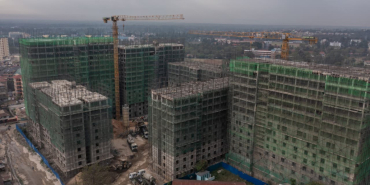




Add new comment